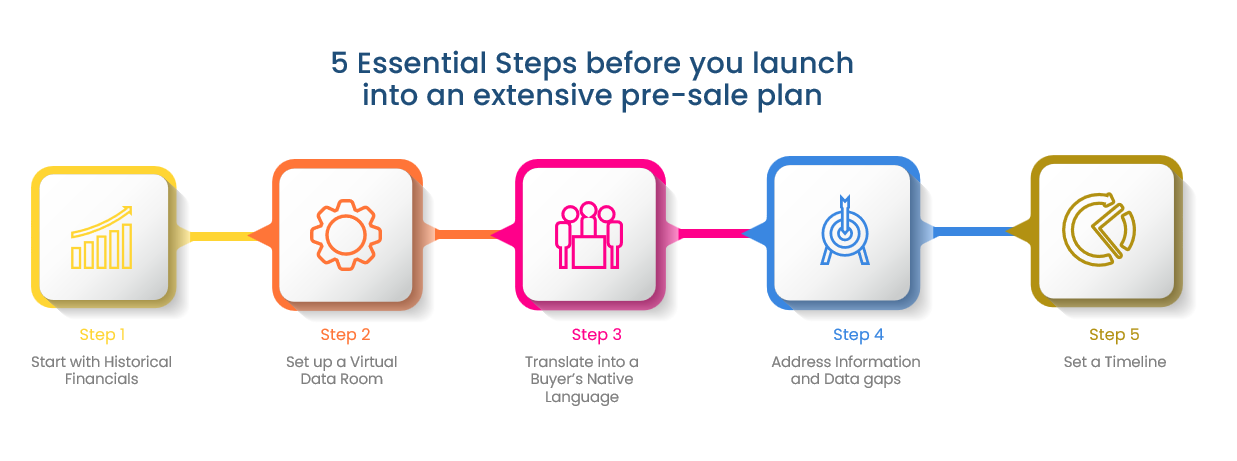
Now, who pops into your head when we utter the word ‘entrepreneur‘?
Does your mind race through names like Steve Jobs, Jeff Bezos, Elon Musk, or Mark Zuckerberg?
These are the experts who didn’t just pique the world’s interest, they reinvented the whole playbook of business. Indeed, they’ve reshaped entire industries and won us over with their ingenuity, giving us a fresh perspective on how we live, work, and connect.
Let’s ponder on this: How would you define an entrepreneur?
Venturing into the thrilling world of business, entrepreneurs are often a sight to behold. Some believe this intriguing breed is born, crafted with an inherent drive that continues to burn brightly. Yet, there’s a different school of thought that credits the grind of life experiences as the forging fire for these entrepreneurial spirits.
While some see these daring individuals as astute opportunists, grabbing every golden opportunity by the horns, others cast them in the role of meticulous risk assessors, making calculated gambles to propel their journey forward. Exciting, isn’t it?
Entrepreneur (noun): A person who organizes and manages any enterprise, especially a business, usually with considerable initiative and risk.
But hold on, is this explanation as clear-cut as it appears?
Four Different Types of Entrepreneurship
Entrepreneurship is just an umbrella term. Beneath it, four different types of entrepreneurship each offer unique opportunities – and challenges. Let’s explore the four basic components of entrepreneurship that have been essential to start-ups from the start.
Small Business Entrepreneurship
You’re most likely familiar with this type. Small businesses—think restaurants, grocery stores, hairdressing salons – are typically family-owned. Their goals involve generating income to support the owners and their families. Though these businesses may not scale globally, their impact on local economies is undeniable.
Examples: Local grocery stores, hairdressers, small boutiques, consultants, and plumbers are a part of this category of entrepreneurship.
Scalable Startup Entrepreneurship
Here’s to you – the risk-takers, the fearless pioneers, the entrepreneurs who start with humble beginnings yet bold aspirations. You set out, driven to shake up the marketplaces, determined to turn your small venture into a high-growth juggernaut.
This is the type we often associate with the ‘Silicon Valley‘ archetype. Entrepreneurs here start a business intending to change the world. Their sights are set on rapid growth and high return on investment. They’re not afraid to risk it all for that shot at glory.
Examples: Notable ones you have Facebook, Uber and Airbnb.
Large Company Entrepreneurship
Do you want to know what really sets the big dogs apart in top-tier companies? They treasure the gene of entrepreneurship that rests within their ranks, kindling the fire of innovation and positive change. These daring individuals sharpen their rebellion against the ‘business as usual’ mindset, breathing life into daring ideas and guiding their companies into uncharted waters. While balancing the tightrope of internal politics, they still manage to stir up the pot with bold creativity.
And you know what? This über-critical skill is the lifeblood behind organisations that stand tall as industry titans.
Examples: Industry giants such as Microsoft, Google, and Disney embody this form of entrepreneurship.
Social Entrepreneurship
Our social entrepreneurs are world-changers. They focus on impact and innovation rather than just revenues. They turn challenges into chances for social and environmental progress. Their businesses aim to solve issues as poverty, inequality, and environmental sustainability. They have a mission, not just a business.
Examples: Muhammad Yunus, the founder of Grameen Bank, exemplifies the impact of social entrepreneurship. Grameen Bank is a microfinance organization that gives small loans, primarily to women, to help them get out of poverty. Muhammad Yunus is such a dedicated social entrepreneur that he was awarded the Nobel Prize for the organization’s work.
See also: Why Accounting Matters for Your Startup
This Is Not The End
Feeling a bit of an outsider to the categories we just explored?
“Entrepreneurship isn’t about taking a leap of faith, it’s about taking a leap of knowledge.”
As we wrap up our journey through these four entrepreneurial landscapes, it’s important to realize that the scope of entrepreneurship is far broader and more varied than what we have traversed here. Over time, assorted new styles of entrepreneurship have emerged, each brandishing its own distinct attributes, and each making its mark on the world.
The defining traits that unite the entrepreneurial class are their sheer adaptability and knack for innovation. Their shared spirit ensures that the evolution of entrepreneurship is a dynamic, continuous process, reshaped with every incoming generation.
As we move forward, we can eagerly look forward to the wave of fresh and pioneering approaches to entrepreneurship that will continue to revolutionize industries, invigorate communities, and transform the world we live in.
Remember: mastery isn’t just about knowing the ropes; it’s about choosing the right ship to steer.
Now, having come this far, which of these entrepreneurial types strikes a chord with you?



